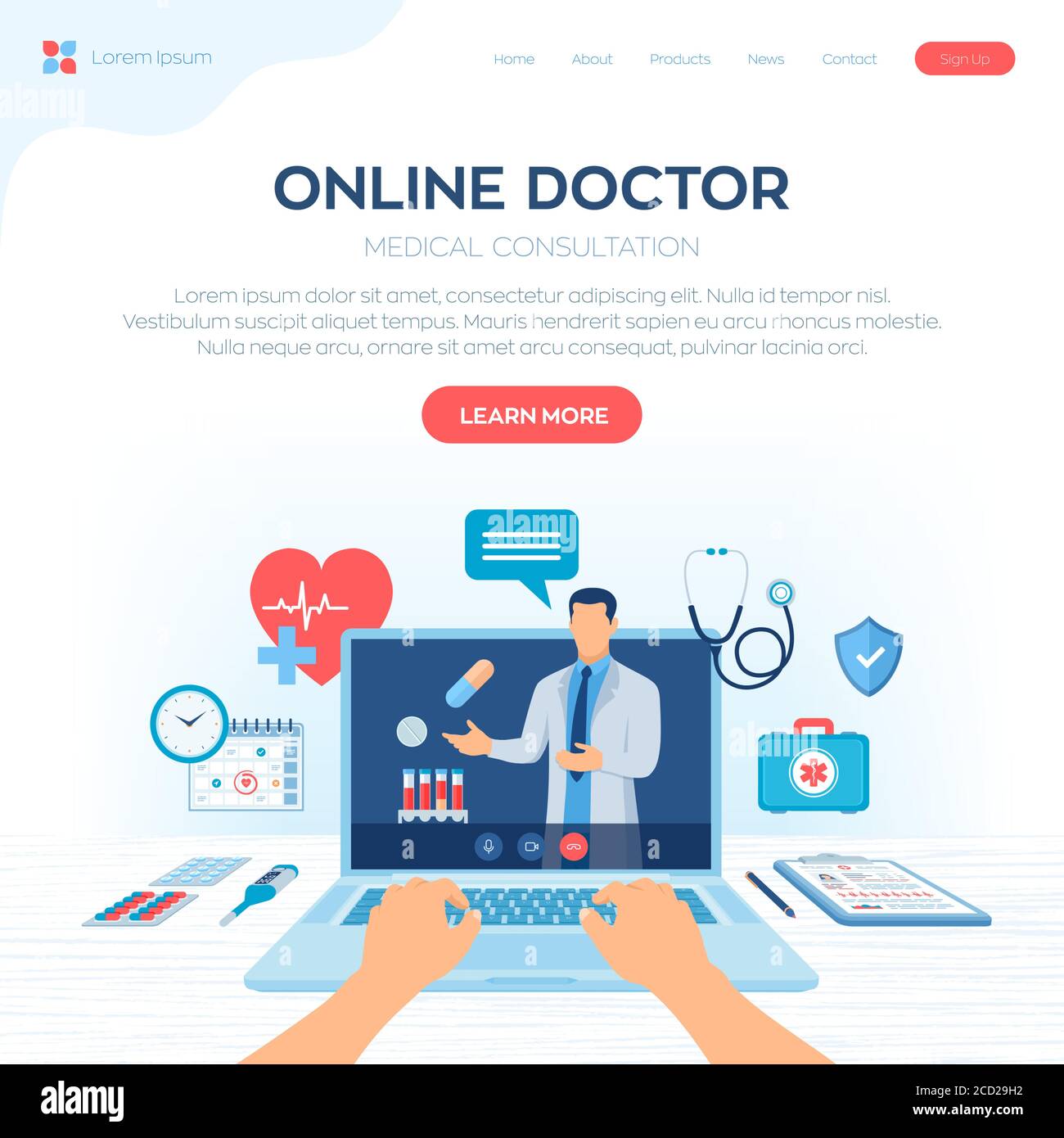How Subscription Based Healthcare is Revolutionizing Patient Accessibility to Services
How Subscription Based Healthcare is Revolutionizing Patient Accessibility to Services
Blog Article
Understanding the Cost-Effectiveness of Subscription-Based Healthcare Designs
As the medical care landscape evolves, subscription-based designs arise as an engaging alternative, assuring to redefine exactly how individuals take care of clinical expenditures. Evaluating these designs' cost-effectiveness requires a nuanced comparison with typical insurance, taking into consideration both financial ramifications and client complete satisfaction.
Summary of Subscription-Based Versions
Subscription-based healthcare models, often referred to as straight main care or concierge medicine, are significantly obtaining focus as a possible option to ineffectiveness within traditional healthcare systems. These models operate the concept of offering individuals straight access to medical care service providers with a regular monthly or yearly cost, bypassing the need for standard insurance coverage systems. This setup intends to improve patient-provider interactions by decreasing administrative burdens, which often impede customized and prompt treatment.
At the core of subscription-based designs is the emphasis on a more customized client experience. Patients take advantage of improved access to their medical professionals, commonly including same-day or next-day appointments, prolonged examination times, and direct communication networks such as phone or video telephone calls. This design fosters an aggressive method to health care, where suppliers and clients can collaboratively focus on preventative care and chronic condition monitoring.

Price Contrast With Typical Insurance Policy

One of the key monetary advantages of registration models is openness in costs. Conversely, standard insurance coverage might be a lot more helpful for people requiring specialized treatment or expensive treatments not covered under a membership design, as they profit from the broader coverage network and cost-sharing devices.
Nevertheless, cost-effectiveness is context-dependent. While registration versions might supply savings for those largely needing key care, individuals with persistent conditions or specialized health care demands might find traditional insurance coverage extra thorough. Examining certain medical care needs and prospective usage is vital in figuring out the most economical alternative for people.
Effect On Person Contentment
Client complete satisfaction within subscription-based healthcare models often mirrors a significant enhancement over traditional insurance coverage systems. This improvement is primarily credited to the customized care and availability these models use. Patients often report higher fulfillment as a result of decreased wait times and the convenience of scheduling appointments. Unlike standard systems, where clients could experience hold-ups in obtaining treatment, subscription-based models make certain more prompt and straight interactions with medical care carriers.
Moreover, the openness in costs connected with subscription-based healthcare alleviates the typical disappointments associated with unexpected charges and intricate invoicing procedures seen in conventional insurance (subscription based healthcare). Individuals appreciate recognizing the precise economic commitment upfront, causing raised trust fund and self-confidence in their health care monitoring
Additionally, the focus on preventative care and wellness in subscription versions adds to improved wellness end results, additionally enhancing person contentment. By focusing on continuous health care as opposed to episodic care, clients experience an even more continual and alternative health care trip.
Furthermore, the improved provider-patient relationship fostered in these models, defined by even more time spent per person and tailored attention, plays an essential duty in raising person fulfillment degrees, as patients really feel truly cared for and comprehended.
Company Viewpoints and Experiences
From the provider's viewpoint, subscription-based healthcare versions supply a transformative approach to providing medical services. These models stress a preventative and positive medical care method, enabling providers to focus on extensive client care without the constraints of standard fee-for-service arrangements (subscription based healthcare). This change in focus frequently causes improved patient results and boosted carrier satisfaction, as health care professionals can designate even more time and sources to patient involvement and individualized care plans
Furthermore, registration models help with foreseeable profits streams, which enhance financial stability for doctor. This predictability enables improved source planning and allowance, contributing to a much more reliable medical from this source care distribution system. Companies can purchase staff infrastructure, training, and innovation improvements, therefore improving the quality of care provided.
Nonetheless, the transition to subscription-based designs is not without difficulties. In spite of these obstacles, several providers discover that the benefits of enhanced individual interaction and structured procedures outweigh the preliminary obstacles, making subscription-based designs an appealing option.
Future Leads and Difficulties

A key challenge is regulative conformity, as registration versions should follow developing health care policies and insurance coverage needs. This demands continuous adjustment and development to make certain positioning with lawful criteria. Furthermore, incorporating these models into existing medical care infrastructures can be intricate, needing significant investments in innovation and training.
There is likewise the possible risk of creating injustices in medical care gain access to, as membership designs could favor those that can manage them, leaving prone populaces underserved. Addressing this requires thoughtful factor to consider of pricing approaches and subsidy systems to make sure inclusivity.
Verdict
Subscription-based healthcare versions provide a sensible alternative to conventional insurance policy by offering monetary check my blog predictability and openness, especially benefiting individuals with chronic conditions or regular medical care demands. The cost-effectiveness of these designs rests upon private health care usage patterns and situations. While they may boost individual contentment and improve budgeting, challenges continue to be in attending to specialized care demands. Future considerations include stabilizing thorough insurance coverage with price and integrating these designs within the more comprehensive health care system for ideal end results.
Subscription-based healthcare versions, occasionally referred to as direct main care or attendant medication, are progressively acquiring interest as a possible solution to ineffectiveness within conventional health care systems. Unlike conventional systems, where patients may experience hold-ups in getting treatment, subscription-based models make certain even more timely and straight interactions with medical care suppliers.
These versions stress a positive and preventative medical care method, allowing providers to concentrate on comprehensive patient care without the restrictions of typical fee-for-service plans. As these versions proceed to acquire grip, they supply the possible to change person access to care, enhance solution distribution, and optimize health care spending.Subscription-based health care versions provide a sensible option to standard insurance policy by providing monetary predictability and transparency, especially profiting people with persistent problems or frequent health care requirements.
Report this page